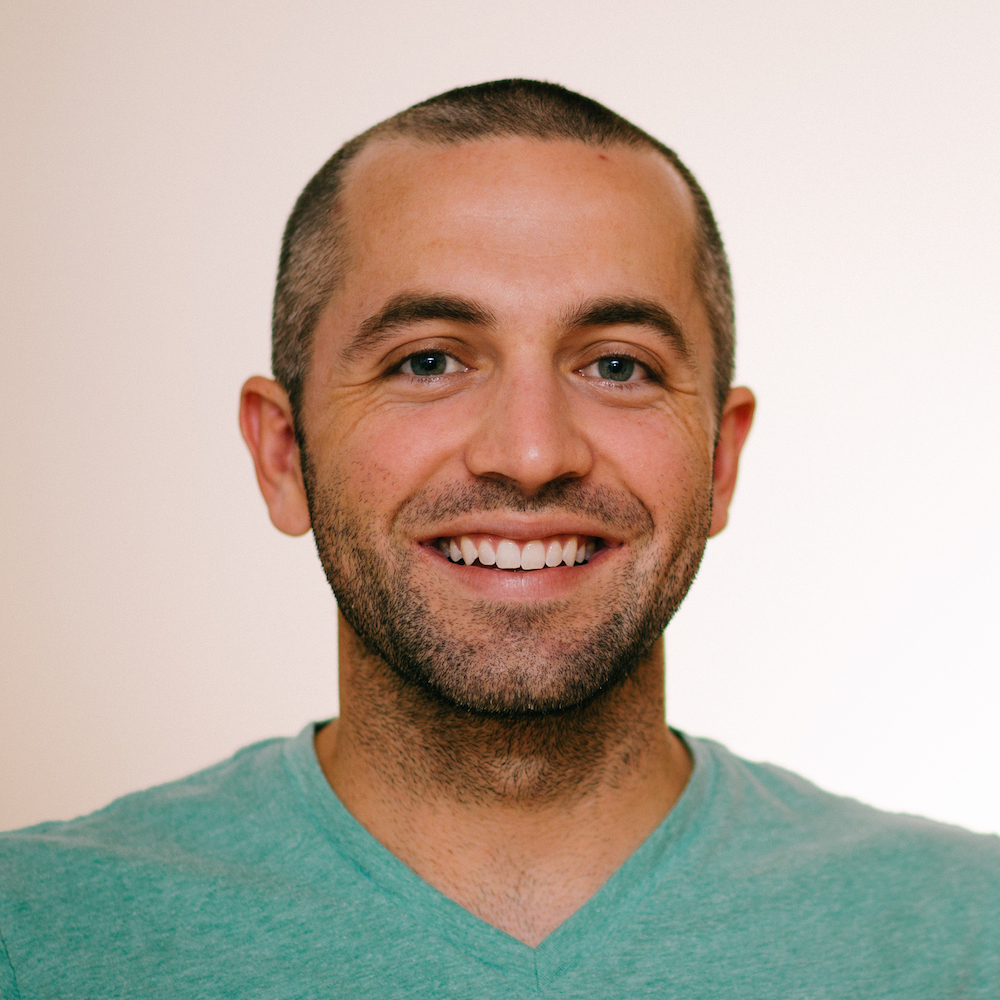"Language is the special gift of humankind. Use it to awaken, delight, heal and unify—not to incite, coarsen, poison and divide." — Ira Chaleff
Hey All,
Hope 2017 is off to a great start for you.
If you take nothing else away from this newsletter, at least check out Gimlet's new podcast Crimetown. Uh-mazing.
There's plenty of other good stuff in here too. Enjoy this week's issue and if you're feeling inspired, pass it on.
1. Jerry Seinfeld's Productivity Secret
I used this exact strategy when training for a marathon. It works incredibly well and it couldn't be simpler.
He told me to get a big wall calendar that has a whole year on one page and hang it on a prominent wall. The next step was to get a big red magic marker.
He said for each day that I do my task of writing, I get to put a big red X over that day. "After a few days you'll have a chain. Just keep at it and the chain will grow longer every day. You'll like seeing that chain, especially when you get a few weeks under your belt. Your only job next is to not break the chain."
"Don't break the chain," he said again for emphasis.
2. The Role of Deliberate Practice in Becoming an Expert
I love this breakdown from Farnam Street about the three "practice zones." It's a helpful look at how anyone can get better at just about anything.
Noel Tichy, professor at the University of Michigan business school and the former chief of General Electric’s famous management development center at Crotonville, puts the concept of practice into three zones: the comfort zone, the learning zone, and the panic zone.
Most of the time we’re practicing we’re really doing activities in our comfort zone. This doesn’t help us improve because we can already do these activities easily. On the other hand, operating in the panic zone leaves us paralyzed as the activities are too difficult and we don’t know where to start. The only way to make progress is to operate in the learning zone, which are those activities that are just out of reach.
3. The Day You Became a Better Writer
A great little post from Scott Adams on becoming a better writer.
Simple means getting rid of extra words. Don’t write, “He was very happy” when you can write “He was happy.” You think the word “very” adds something. It doesn’t. Prune your sentences.
Your first sentence needs to grab the reader. Go back and read my first sentence to this post. I rewrote it a dozen times. It makes you curious. That’s the key.
Write short sentences. Avoid putting multiple thoughts in one sentence. Readers aren’t as smart as you’d think.
4. When your phone uses you
Simple and smart. Typical Seth Godin.
Most of the time, your phone works for corporations, assorted acquaintances and large social networks. They've hired it to put you to work for them. You're not the customer, you're the product. Your attention and your anxiety is getting sold, cheap.
When your phone grabs your attention, when it makes you feel inadequate, when it pushes you to catch up, to consume and to fret, it's not working for you, is it?
5. Random Links
- How Design Impacts the Psychology of Sales
- Jason Fried and DHH are writing another book
- Starbucks made $146 million in 2013 by investing money that customers pre-loaded onto gift cards.
- Kind of a cool scheduling app
- I just ordered this awesome shirt from Sam Larson
Have a great week!
Jimmy
